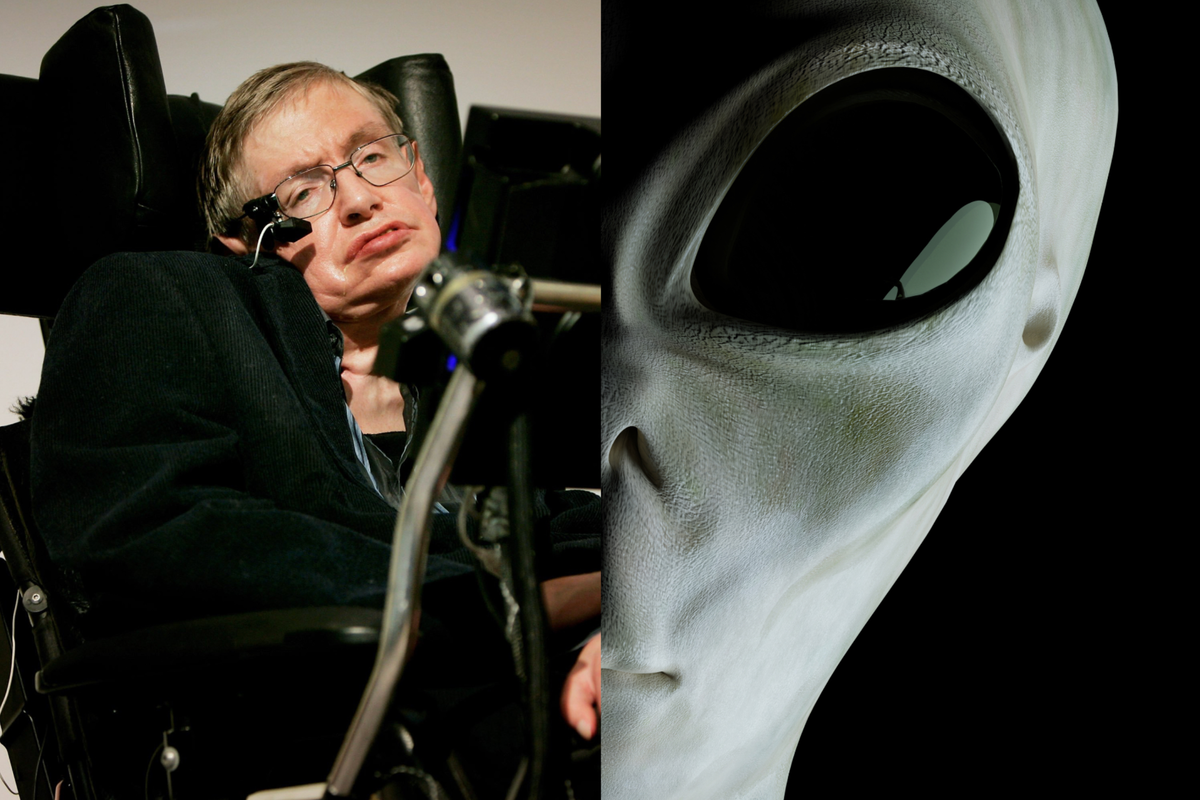Becca Monaghan
Sep 30, 2024

Meditation has been a game changer
iStock
A new study has revealed an astounding correlation between mindfulness meditation and pain relief.
Conducted by researchers at the University of California San Diego School of Medicine and published in Biological Psychiatry, the study suggested that meditation is actually not a placebo with results showing that the practice seemingly engages brain mechanisms to reduce pain.
Scientists monitored advanced brain images to compare the pain levels of 115 participants who were randomly placed into groups. One group did a guided mindfulness meditation while another was given a fake mindfulness meditation consisting of deep breaths only. The third group were given a placebo cream of petroleum jelly and the fourth group listened to an audiobook (The Natural History and Antiquities of Selborne, by 18th-century parson-naturalist Gilbert White).
Researchers then applied a painful (but harmless) heated probe to the back of their right calves. Brains were scanned through MRI before and after the experiment, and participants were also asked to rate the pain.
Through the MRI scans, researchers were able to look at the negative affective pain signature (NAPS), associated with the emotional experience of pain and the nociceptive-specific pain signature (NPS), associated with pain intensity. They could also see the stimulus-independent pain signature (SIIPS-1), related to psychosocial factors.
The results revealed a reduction in self-reported pain (NPS and NAPS) for the mindfulness meditation group in comparison to the other treatments, suggesting that the practice
"The mind is extremely powerful, and we’re still working to understand how it can be harnessed for pain management," Fadel Zeidan, PhD, professor of anesthesiology and Endowed Professor in Empathy and Compassion Research at UC San Diego Sanford Institute for Empathy and Compassion said. "By separating pain from the self and relinquishing evaluative judgment, mindfulness meditation is able to directly modify how we experience pain in a way that uses no drugs, costs nothing and can be practiced anywhere."
"We are excited to continue exploring the neurobiology of mindfulness and how we can leverage this ancient practice in the clinic," Zeidan added.
How to join the indy100's free WhatsApp channel
Sign up for our free Indy100 weekly newsletter
Have your say in our news democracy. Click the upvote icon at the top of the page to help raise this article through the indy100 rankings.
Top 100
The Conversation (0)












